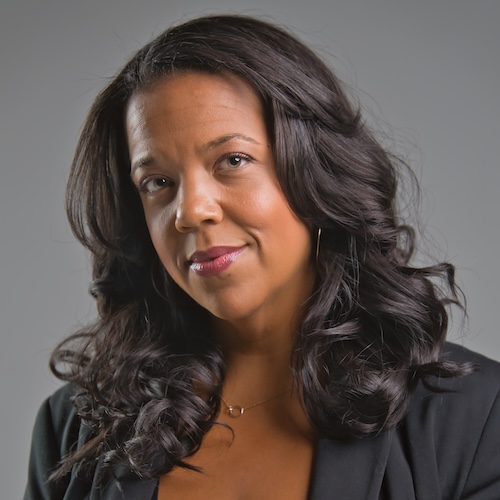Stephanie Keeney Parks PhD
.(JavaScript must be enabled to view this email address)
Stephanie is a medical, psychological, and linguistic anthropologist whose research centers on the intersection of Black family life, disability, autism, special education, health inequity, and mass incarceration. She explores the ways that everyday Black families subvert violent social systems to gain access to the good life for their children. Her current research expands upon this by focusing on how race and disability co-construct higher-than-average experiences with police violence and mass incarceration. The impetus for Stephanie’s research is her lived experience as a Black woman and mother of an autistic adult.
Education
Doctor of Philosophy (PhD)
in Anthropology
2024 | University of California, Los Angeles
Master of Arts (MA)
in Medical Anthropology
2017 | Creighton University
Selected Publications
Irsheid, S. B., Keeney Parks, S., & Lindsey, M. A. (2024). (Re)assessing clinical spaces: How do we critically provide mental health and disability support and effective care for Black and Brown young people who are impacted by structural violence and structural racism? Academic Pediatrics, 24(7), S161–S166. https://doi.org/10.1016/j.acap.2023.11.004 Show abstract
We open this article by asking you to consider that the magnitude of racism present in clinical spaces is much larger and more in depth than we can ever begin to cover. In this spirit, we are going to provide you with some context to think about the problem of racism and mental health and disability and ways to deconstruct the problem through the lens of structural violence and structural racism. We offer you a brief discussion on and a definition of structural violence and structural racism and then tie them to two case studies to help contextualize how racism currently exists within the medical field. We hope that the language and framework of structural violence and structural racism will help you think anew about racism and your own interactions with it. Although the difficulties with racial and structural violence are much too pervasive and will take collective action to dismantle, we do think that giving a framework to think and talk about racism may help the ways that you choose to interact with your patients, engage in clinical assessments, diagnosis, treatment, and navigate systems from your current role within the medical field.
Mack, A., Keeney Parks, S., & Parks III, W. A. (2024). On love and abolition: Building a speculative practice of transformative justice in psychological anthropology. In R. J. Lester (Ed.), Innovations in psychological anthropology. New York, NY: Routledge. https://doi.org/10.4324/9781003311713 Show abstract
In this chapter the authors engage their personal experiences as “close-to-home” researchers to interrogate knowledge production and practices of inclusion in psychological anthropology. They mobilize abolitionist theory and praxis as exemplified in models of transformative justice and bell hooks’s “love ethic,” to develop a loving critique of our subfield’s disciplinary past and potential future. With the subfield’s emphasis on lived experience, emotion, morality/ethics, care, compassion, and trauma, psychological anthropology is uniquely primed to lead the way in a more liberatory anthropological practice. This depends, however, on how people working in the subfield can move their engagement with lived experience off the page and into our relationships with each other.
Moore Jr., L. F., & Keeney Parks, S. (2023). “When can Black disabled folks come home?”: The Krip-Hop movement, race, and disability justice. In H. S. Alim, J. Chang & C. Wong (Eds.), Freedom moves: Hip Hop knowledges, pedagogies, and futures (pp. 376–395). Oakland: University of California Press.
Mattingly, C., & Keeney Parks, S. (2022). Haunted by the future: Autism and the spectre of prison — configuring race and disability in the African American community. In L. Meinert & J. Seeberg (Eds.), Configuring contagion: Ethnographies of biosocial epidemics (pp. 68–99). New York, NY: Berghahn. https://doi.org/10.3167/9781800733046
Powell, T., & Keeney Parks, S. (2021). “They never listen to the parent”: Parent narratives at the intersection of racism, education, and disability. In D. E. Hines, M. Boveda, & E. J. Lindo (Eds.), Racism by another name: Black students, overrepresentation, and the carceral state of special education (pp. 227–240). Charlotte, NC: Information Age.
Awards
CCLN Black Women’s Leadership | 2018–2021
Robert Wood Johnson Foundation
Eugene V. Cota-Robles Fellowship | 2017–2022
UCLA
⋯






